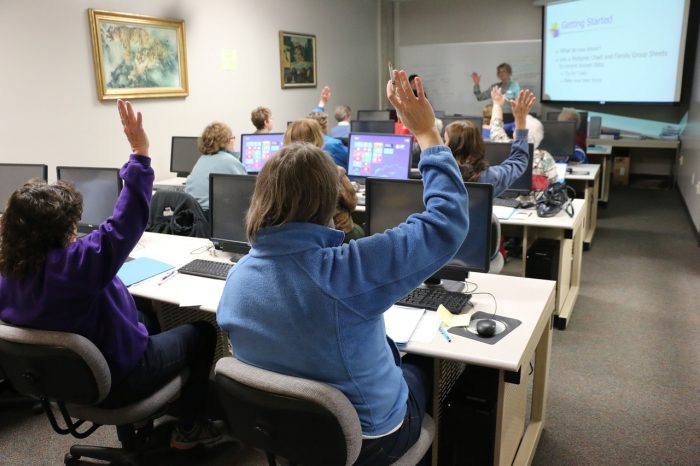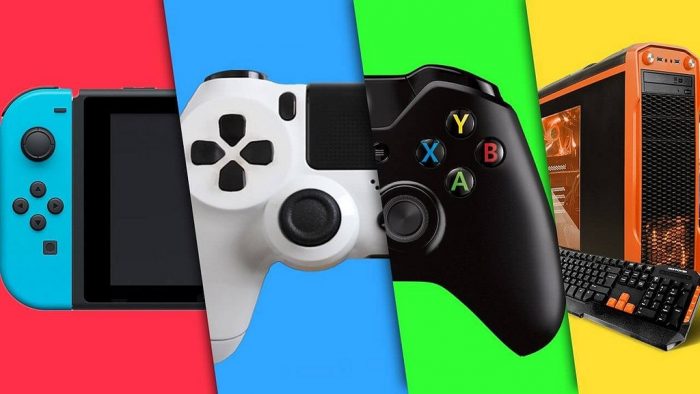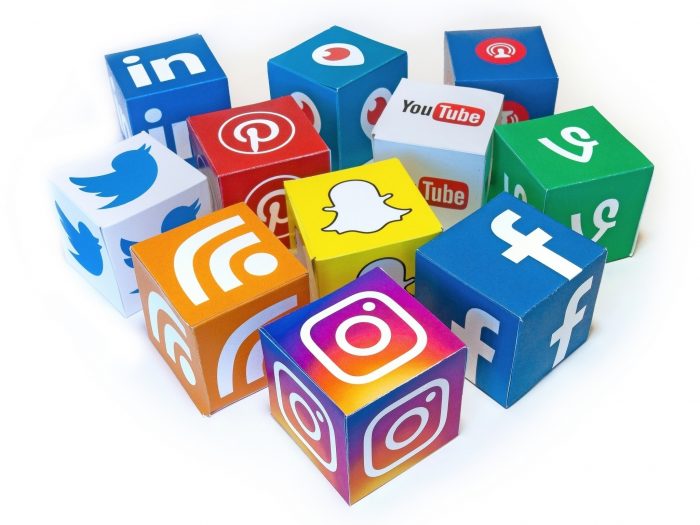
No recent invention has changed modern human life nearly as much as the computer. Since their invention in 1939, digital computers have become a mainstay of virtually every aspect of human life. Computers are used to modulate and handle a number of tasks from a staggering amount of domains: businesses, city infrastructure, scientific research, automobiles, household appliances, personal affairs, and, in recent years, houses and other living spaces.
The introduction of digital computers has made certain essential tasks so easy and simple to perform that it is now hard to see how we could have managed without them.
What Is A Computer?
Strictly speaking, the word “computer” can be used to describe any device that can perform a sequence of logical and arithmetic operations. According to this understanding, simple mechanical devices like an abacus, an astrolabe, or even counting rods count as a computer. The essential feature of a computer is that it is able to take inputs and transform them into outputs through some finite series of steps. An abacus is a computer because it can take some input (a number represented by the arrangement of balls) and transform that into an output (a new number represented by a new arrangement of balls) via a series of finite steps (moving the balls according to some specific rules).
When most people hear the word “computer” they think of a digital computer, i.e. the piece of plastic and circuitry that you are reading this article on. The defining feature of a digital computer is that it takes input in the form of digits, specifically binary digits—1s and 0s. Digital computers take strings of 1s and 0s as inputs and return different strings of 1s and 0s as their outputs. These strings of digits are manipulated by the computer according to some specific set of rules called a program. A program is a set of instructions that the computer is asked to carry out on the input strings. Manipulating input strings according to the rules of the program is what produces outputs.
The above is a simplified picture of course, but the essence is correct. Digital computers work by manipulating bits of information encoded in the form of 1s and 0s according to the rules of a program to produce new bits of information. The incredible practical utility of computers comes from the fact that digital computers themselves are programmable to run different programs. This programmability means that a digital computer can execute an unlimited amount of distinct programs, making them useful in virtually every area where information needs to be manipulated and problems need to be solved.
Uses Of Computers
Business

Credit: MaxPixel CC0 1.0
Computers are ubiquitous in the business and administrative world, where they are used to keep track of financial accounts, manage consumer data, store and disseminate company information, keep sensitive data secure, and facilitate day to day tasks like accounting, billing, payroll, sending emails, and crunching numbers. In fact, it is hard to find an aspect of business that has remained untouched by the introduction of computers. Businesses deal with large amounts of information and computers help them keep track of and organize all that information in a systematic and accessible format.
Before the introduction of computers, business would have to keep all their records in physical format, i.e. paper receipts, bills of sale, accounting books, etc. These physical records would degrade over time and creating backup copies was an expensive an arduous process. Computers have proven an invaluable tool for managing companies’ finances and information as all that data is right at the fingertips of the user and creating backup copies of important documents is easy and cheap. Computers also have automated repetitive tasks like calculating employee payroll or copying documents, freeing up cognitive effort to be spent on more creative and dynamic tasks.
Education

Credit: Pixabay CC0 1.0
Another field that has seen significant changes since the introduction of commercially available digital computers is education. Computers are used in educational fields for instruction, research, presentation, and communication between students and teachers.
One of the biggest uses of computers in education is computer-based instruction (CBI). CBI consists of lessons in which a computer is an essential feature of the dissemination of information to students. Computers can provide a more flexible approach to education through more engaging multimedia formats (videos, articles, interactive programs, etc.) and provide educational access to students in remote areas, or students with learning disabilities. Computer-based instruction is adaptable to the level of the material and gives resources for creating lesson plans and class documents.
Computers are also used for research purposes. Databases of academic sources uploaded to the internet provide a massive amount of resources for research and computers allow for quick and easy communication of ideas between researchers. No longer do researchers have to slog through stacks of physical documents at a library; they can have the latest cutting edge research downloaded directly to their computers. Additionally, the advent of the internet has given the public limitless free resources for self-education
Entertainment

Credit: BagoGames via Flickr CC BY 2.0
Computers have also been at the forefront of entertainment for the past 30 years. Computer technology has changed the way we access entertainment and the way that entertainment is created. Companies like Netflix and Hulu provide TV programs and movies delivered directly into consumer households, while internet shopping sites like Amazon and eBay let people buy and sell goods online. Sports events, concerts, public events and more are broadcast directly to computer devices across the world and computers themselves are used to create, edit, and produce entertainment products.
One area of entertainment that has seen unprecedented growth due to the advances in computers is the video game industry. The total value of international revenue of the gaming industry in 2014 was over $81.5 billion, almost double that of the entire international revenue of the film industry that same year. Worldwide revenue from the gaming industry was $137.9 billion in 2018 and is projected to reach almost $200 billion by 2021. The meteoric economic rise of video games over the last 20 years is directly dependent on advancements in computer technology that have allowed game designers to create deep, interactive worlds and connect players around the globe through the internet.
Personal Life

Credit: Blogtrepreneur via Flickr CC BY 2.0
Computers have become a mainstay of everyday life in modernized countries. People use computers to keep track of their appointments, post on their social media accounts, keep in touch with friends, watch the news, and engage in personal projects and hobbies. As of 2015, over 86% of US households have at least one home computer, and as of 2017, over 80% of US households have at least one smartphone computer.
Recent years have seen the rise in “smart houses,” house in which their utilities and electronics are synced up to a central computer that can control them. Like something out of a sci-fi movie, smart houses can be programmed to control household appliances like heating and lights and perform routine tasks like locking the doors or setting the alarm at a certain hour. While genuine smart houses are still not widely available, several devices and applications Google Home exist that can string household appliances together on a single computer network to program their behavior.
Industrial Tasks
Computers can be programmed to perform a number of different tasks, which makes them useful for automating complex procedures in the industrial sector. Programmable robots are used to produce a number of goods from cars to furniture often because they are more efficient than human workers and can operate in the potentially dangerous environments of factories and warehouses. Computers in the industrial sector are often used as control systems to modulate and regulate certain manufacturing processes. For example, nuclear reactors use computers to regulate the fission reactions that produce energy. When fission gets too energetic, the computer senses this and responds by lowers metal rods to soak up extra neutrons. Computer control offers a precise and safe way to control difficult and dangerous processes.
Computers can be used to simulate potential designs to assess them for weaknesses or vulnerabilities. Engineered structures like buildings, bridges, and houses can be tested first in a computer simulation to determine how they react to stress and strain.
Science
The practice of science has also been changed forever by the advent of computers. In addition to computers’ utility in analyzing and processing scientific data, computers themselves have proven an invaluable asset for modeling natural phenomena. For example, much work done in cosmology these days use computers to simulate early conditions of the universe to answer questions about subatomic particles and dark matter. Computers are used to simulate the physics of environments that are impossible to observe by traditional techniques, like the surface of a neutron star. Computers are also heavily used to simulate the orbit and trajectory of astronomical bodies, like planets and stars. Computer simulations are even used to model biological, psychological, and social phenomena, like evolution, neural activity in the brain, and economic patterns. The unreasonable effectiveness of computers for modeling natural phenomena have led some philosophers and scientists to argue that physical reality is, at its heart, computational in nature.








